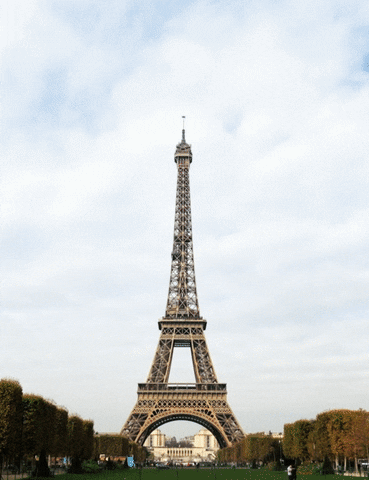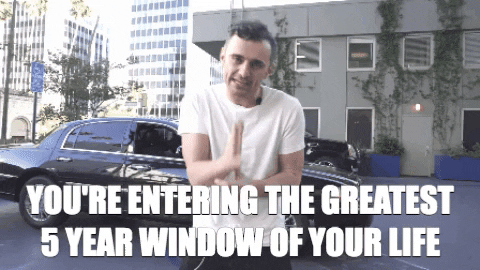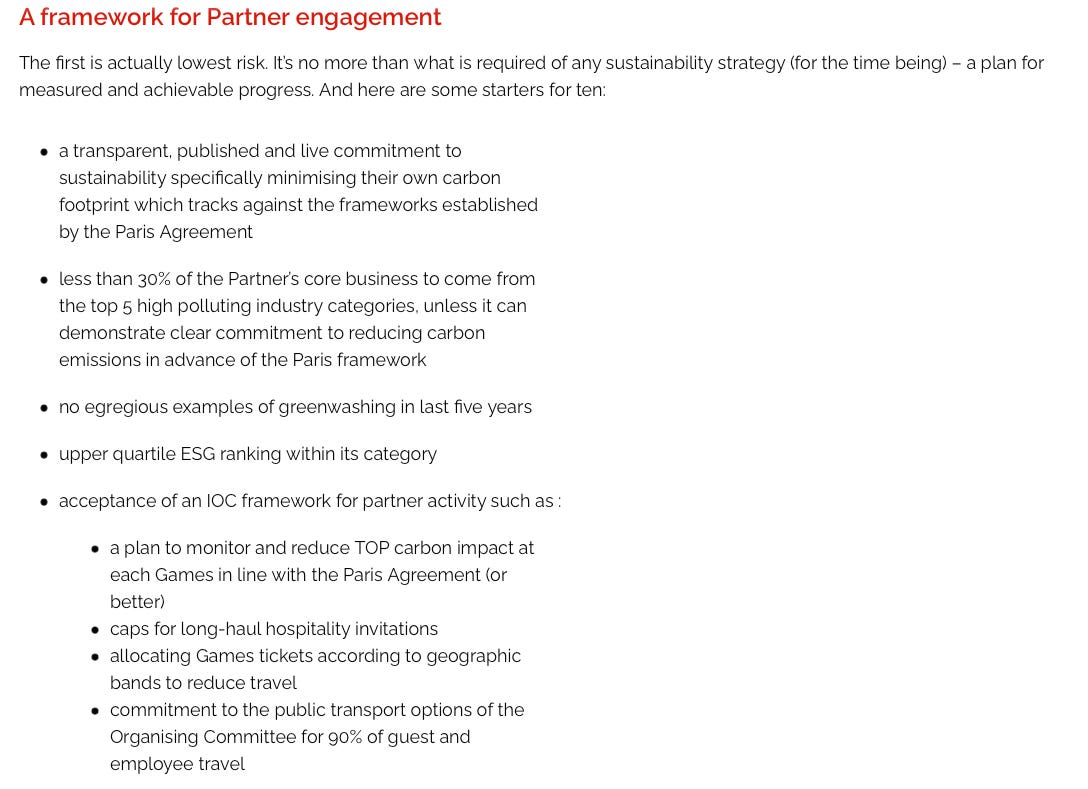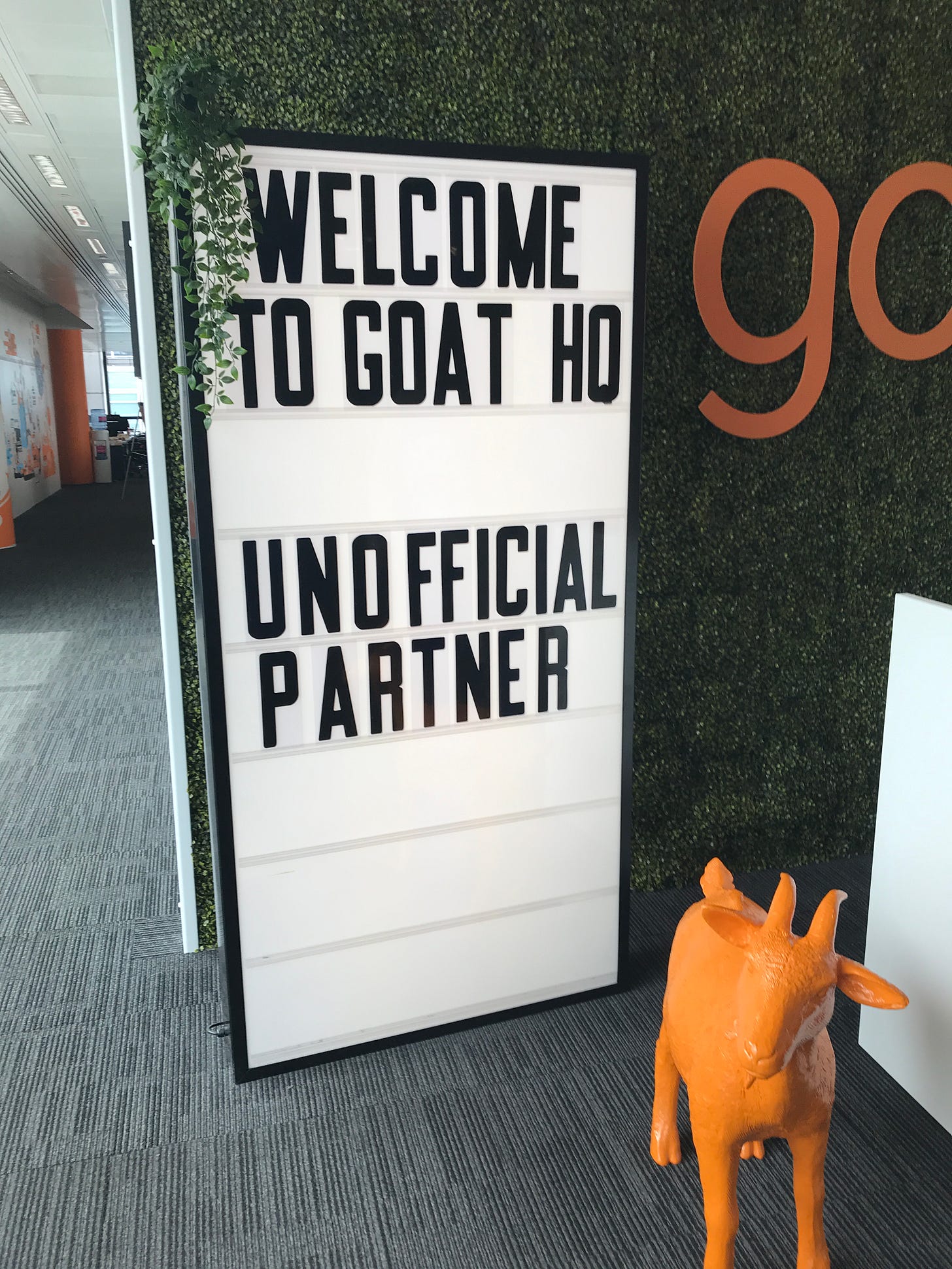Coke and the Olympics; Plastic and Paris 2024; Soccer AM was the future once; What if the IOC had just one job; Goat's WPP future; LIV, PIF and VFM; Top 10 Sports Books; Sportradar number of the week
Overthinking the sports business, for money
A plastic-free Olympics is not Paris’ job
Who doesn’t want a plastic-free Olympics?
Paris 2024 went early with this as an ambition.
But how realistic is that aspiration?
James Williams made a really strong point in this week’s Buy Side episode.

Williams’ view is that a plastic-free games won’t happen in one cycle.
So each individual host city is setting up to fail.
Hold this passage in your mind:
The IOC is currently very good at making this (environmental sustainability of the Games) the Local Organising Committee’s problem rather than them (the IOC) building a long-term solution to the problem.
And a good example of that is Paris. They came out, they went, you know what? We want to make this the plastic-free Games, and all credit to Paris, you know, it's a lofty goal.
The reality is, is that realistic? Now if the IOC really wanted to make fundamental changes in sustainability, they need to write a 10 year plan that takes in all of the Games in that 10 years and go each time we are going to reduce our plastic by 25% every single games, because then by the time we get to LA we are now plastic free.
So the difference is, is now Paris is having to roll back some of these big kind of targets and go, you know what, sorry, we can't deliver this 'because'.
So…we’re back to long term planning and prioritising objectives.
Who has the incentive to plan beyond five years?
National and local politicians? No.
Shareholder owned businesses? No.
Paris 2024? No.
So we’re left with a few oil states and a couple of billionaires.
And the IOC.
Fewer, bigger things
Disappointment is built in to major events from the start.
To get the gig, the host city has to overpromise across all manner of criteria, from saving the world to making fat kids thin, and pretty much everything in between.
But what if, the Olympics only had one job
This is idiotically naive, but just as a thought experiment, bear with me.
What if, the Olympics was given just one job to do: to square the circle of hosting massive global sports events which enrich rather than deplete the planet’s resources and reduce rather than contribute to global warming.
One job. Twenty years. In IOC parlance, twenty years is roughly two TOP partner cycles and a few media rights renewal terms.
Park everything else. Just do that.
What decision would be made today?
How would this objective shape the TOP programme?
Shaun Whatling, our co-host on The Buy Side series, has started a list…
See also previous UP Newsletter:
I remember when Soccer AM was the future
The Mirror called Sky’s decision to put it to sleep as a ‘bombshell’.
Given I thought it’d finished years ago, the value of bombshells is falling faster than my Ronaldo NFT.
I got the cultural significance of Soccer AM without ever liking it, or indeed watching much of it.
No surprise Barstool’s heart is broken.

I liked this review of Tim Lovejoy’s autobiography.
Everywhere there are jaw-dropping illustrations of insularity, self-satisfaction and a startlingly small mind. There’s something sinister here, too: beamingly positive, thrilled by wealth, too pleased with himself to ask awkward questions, Tim Lovejoy is the football fan Sepp Blatter has been waiting for. Roman Abramovich’s darling young one.
See also: The rise, fall and rise of Soccer AM.
Goat hearts WPP
What happened: Goat was acquired by WPP
Co-founder Arron Shepherd was an early guest on the podcast.
It’s really hard to cut through the wall of agency noise.
But they told a great story from the start.
I liked their cockiness, that came from knowing they were on to something valuable, safe in the knowledge that the people with money were 10-15 years too old to live in that world.
Arron’s schtick was to poke the bear.
The bear being big media agency-dominated networks like WPP.
Arron Shepherd: There’s a mafia of creative agencies and media agencies who’ve had a really good time for a long time. While not really working together they’re very much working together, not in the way they should - in delivering results for the client - but they certainly work together to ensure the client keeps doing it the same way.
What happens next will be fascinating.
WPP is a machine. Media sales is the engine.
Plenty of great agencies have been acquired and failed to stick.
In 2015, Two Circles was bought to be the basis of ESP Properties, WPP’s big foray in to sport and entertainment. Four years later, ESP was disbanded, and Two Circles was sold to Bruin (WPP retains a 20% stake).
For what might await Goat, have a listen to our conversation with Lesa Ukman, who sold IEG to WPP in 2005.
Ukman created IEG in 1982, building it from a marketing publisher to be the leading sponsorship measurement and evaluation service in the US.
Ukman: We couldn’t keep growing as we were. And here’s the irony, we ended up selling to GroupM, the world’s largest media buying company. That’s not who I wanted to sell to, I’ll just say it right there. My brother and sister had equal shares and that’s what we decided to do. It was horrible. Horrible.
The next bit of the story is familiar to anyone who has worked in sports marketing or sponsorship within a bigger marketing services group.
Ukman: We were working on an ROI project for a major client, who was paying us $200,000 to look at several of their sponsorships and analyse the return on investment. We were showing them they were paying huge premiums on the media side and the sponsorship side and they were getting no credit from their customers or the fans of these sports events for what they were doing. The only thing that was working for them was a theme park project, which had no media. We had all the primary research, and it was a big client to us.
I get a call from somebody at GroupM, and it turns out that this same client is a $40million client of theirs and it was they who recommended the media pieces, and ‘this was not acceptable, you know, so just shut up’.
This scenario is being played out at a marketing network near you every day of the week. The big idea is a sound one - sport is a sparkly looking thing and way more interesting than the tedious grunt work of flogging ad space. But the media sales makes more money, so…well, you know the rest.
Culture clash, and incentives out of whack
Ukman: It was not a great fit. Their model was turnkey. Hire these young media buyers, train them, mark it up, get more money, the end. Our model is so labour intensive, we charge a fee that’s nothing to do with hours, and everything to do with value, we get our money upfront. Nothing we did made it a good fit.
They are just such different animals. At the time, all the below the line service agencies and all the media agencies were looking for new sources of revenue to make up for the fact that the media and marketing world was changing so dramatically. I think that’s why they bought us.
Beware sexist British wankers
Ukman: It was such a strange, odd fit from the beginning. The other odd thing was that I was always enamoured with British marketing, and I loved British plays and books, so I was just so excited to be part of a British entity. But then I quickly found out that things that I had taken for granted all these years, that you could be a woman and do whatever you wanted, but there was so much sexism. We all spoke English but we spoke different languages. I couldn’t believe it. I finally got to use the word ‘wanker’ - I’d read that word in British novels and never got to use it, and then I was like, oh my god, what a wanker!
Number of the week: 99.5%
Sportradar’s report found that 99.5 per cent of sporting events are free from match-fixing, with no single sport having a suspicious match ratio greater than one per cent.
I’m hard wired toward complacency, but felt this worth flagging.
Because the same report generated more exciting headlines elsewhere.

The broader thing, which I’d like to do more on, is the emergency of betting firms as integrity tzars.
LIV, PIF and VFM (Value for Money)
Great piece on LIV by Alan Shipnuck.
There’s a shift in tone emerging from the people in charge of LIV
“Jay Monahan himself said this is an arms race the PGA Tour can’t win, so let’s win the arms race,” says the player. “But that isn’t the climate out here anymore.”
And then this:
Norman is the frontman, but al-Rumayyan, who is often referred to internally at LIV as “The Investor,” is calling the shots. Last year he provided a deluxe 747 charter to ferry players from LIV Portland to the JP McManus Pro-Am in Ireland but was furious when social media posts made the plane look like a flying frat party. There are no chartered jets this year. Al-Rumayyan and his deputy, Majed al-Sorour, were omnipresent at the LIV events last year, bro-hugging their way through the pro-ams and hosting Tuesday night player parties with fancy wines. But they have been noticeably absent this year, a signal they are now treating LIV more like a business and not a fantasy camp for weekend hackers with PIF money.
See previous:
Inside McKinsey’s original business plan for LIV
By contrast, a league mired in start-up status — defined as attracting less than half of the world’s top 12 players, navigating a “lack of excitement from fans,” reeling from limited sponsorships and confronting “severe response from golf society” — stood to lose $355 million, before interest and taxes, in 2028.
Maybe PIF reads UP?
UP Yours - The Unofficial Partner Guest Blog
This week: My Top 10 Sports Books









